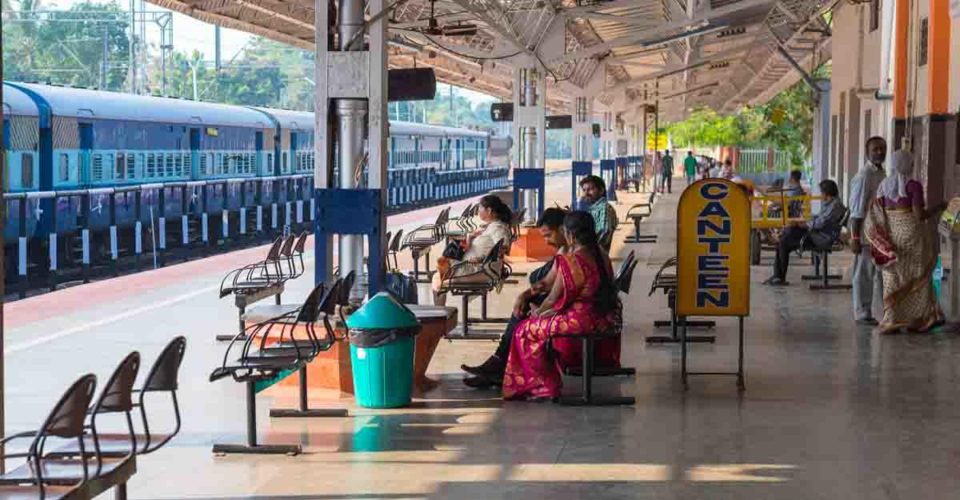Private companies will be granted permission by the government to set passenger fares after commencing operation of railway services across the nation. This is focused on attracting investors, as the railway lines undergo reopening by the PM Narendra-Modi led administration.
“Private players have been given the freedom to fix fares in their own way,” VK Yadav, chairman of Railway Board, said. But, “air-conditioned buses and planes also operate on those routes, and they have to keep that in mind before setting fares.”
In India, political sensitivity goes for railway fares, although trains accommodate the passenger amount as Australia’s everyday population. Many poor people in the country rely on the railway network for their transportation. PM Modi’s administration has invited private companies to take part in areas such as modernisation of stations and train operations, as the network has been beset by decades of negligence and inefficient bureaucracy.
Also, the call to partly open up the railway sector follows PM Modi’s situation with limited fiscal room to support Asia’s third-largest economy. This struggle comes upon its first contraction in four decades.
Investments potentially capable of exceeding $7.5 billion within the following five years are indications through these projects, suggest estimates from the Ministry of Railways. Yadav mentioned interested companies being Alstom SA, Bombardier Inc, GMR Infrastructure Ltd and Adani Enterprises Ltd.
PM Modi’s decisions include a crucial need to modernise railways, in plans with low-cost loans from Japan to establish the country’s first bullet train by 2023. The government has taken steps to build the speed of passenger trains which can sometimes crawl at a walking pace.
Interested companies have been asked by the government to make submissions, regarding the functioning of passenger trains through 109 origin-destination routes via 151 trains in July. The government has also sought investor interest to modernise railway stations including in New Delhi and Mumbai. The current railway network is both congested and ageing, dating back to British colonial rule in 1853.






